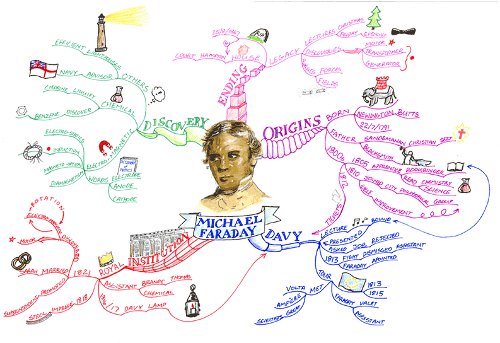About This Introvert
Hi! I'm Kristen. I'm writing to you from hot and sticky Hawaii, where I spend my days trying to keep two young girls fed, clothed, and (on a good day) bathed. Join me as I make space to create in the midst of a chaotic life.
Celebrating the Creative Quiet
 |
| "Artmap" via Roberta Faulhaber |
 | ||
| The life of Marie Curie |
 |
| This is exactly how I think! |
 | |
| via blog |
 |
| Mind map by Phillip Chambers |
 | |
| I love maps. LOVE maps. |
Hey there! I just stumbled on this post after I googled "Lovemaps" because I am fascinated by topographical reworkings of canonically non-spatial areas (or the art-ification of what usually belongs in the realm of science for that matter), and I have to tell you that this was probably the best collection of redirections and links to awesome pieces of artwork along those lines since I stumbled on an article entitled "Human Cartography: Maps That Define the Mind" by Maria Popova (http://www.theatlantic.com/entertainment/archive/2011/05/human-cartography-maps-that-define-the-mind/238416/). I also like Ken Robinson's take on creativity, personal development and education (at least from what I know from his TED talks... I intended, but as of yet never got round to reading one of his books).
ReplyDeleteYou and your blog seem pretty cool. I think I'm gonna sniff around a bit and see what other gems of wit and wisdom are stored here...
That Atlantic article was a great read! Thanks for visiting my blog and for that very lovely comment. I'm so happy you enjoyed the post!
Delete